The John V. Roach Honors College congratulates our May 2023 graduates! We proudly celebrate the accomplishments of our students, like Brooke Newell, an earth systems science major. She spoke with the Honors College about her undergraduate research, Honors College experience and post-graduate endeavors.
Brooke Newell
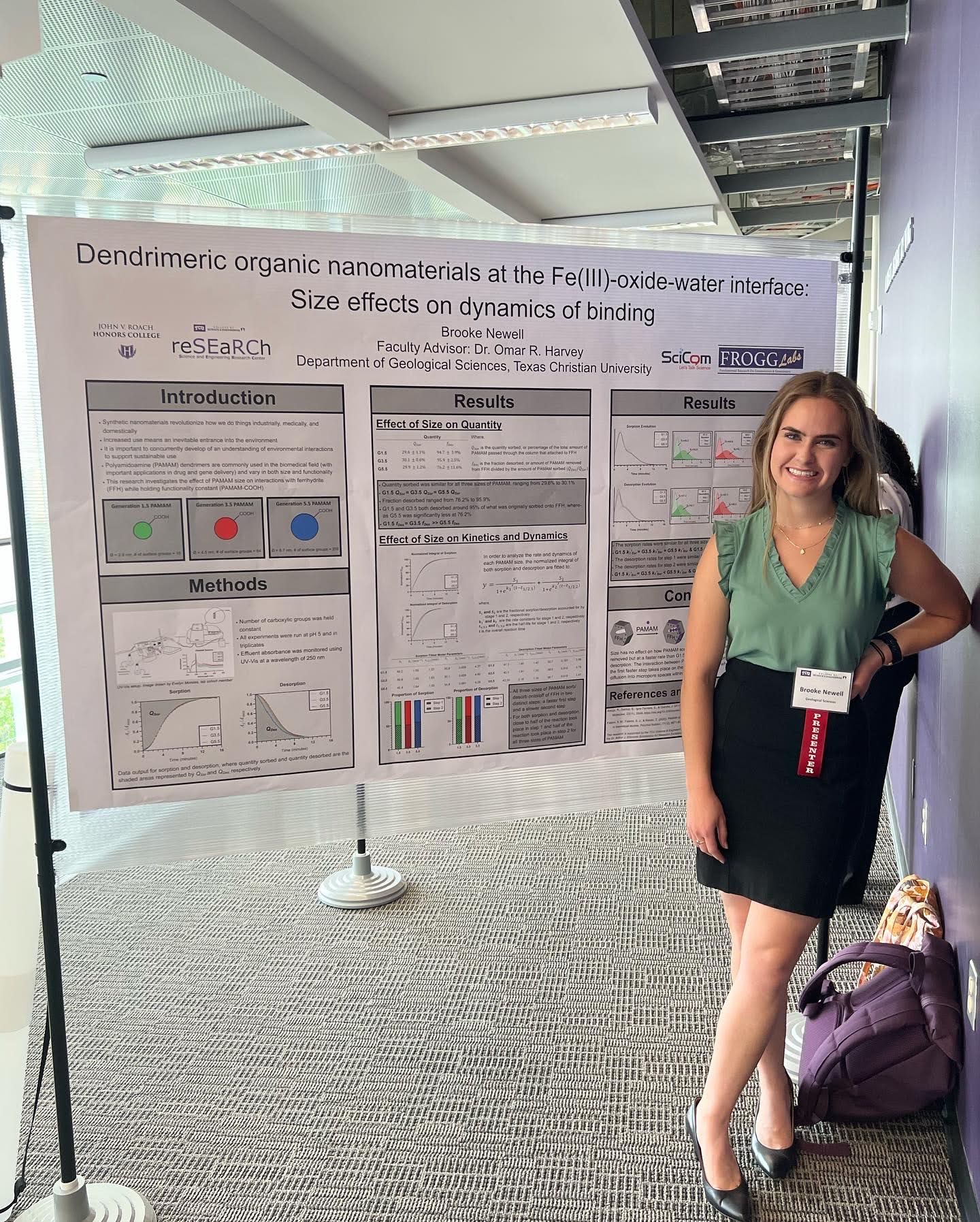
Degree: Bachelor of Science in earth systems science, emphasis on biogeochemistry
Hometown: Louisville, Colorado
Why did you choose your area of study?
I started at TCU as a pre-med student because I love science. However, I sat in these pre-med meetings and realized I didn’t have any passion for medicine. I went back and forth talking with different professors trying to find the major that was the best fit for me. Then, I found Dr. Harvey, a professor of geological sciences.
He talked about taking the principles I had been learning in my pre-med classes and applying them to the environment. He emphasized how these principles are changing the way processes are happening in the environment and realized that was exactly what I wanted to do.
Tell us about your research. How did you become interested in it and why is it important?
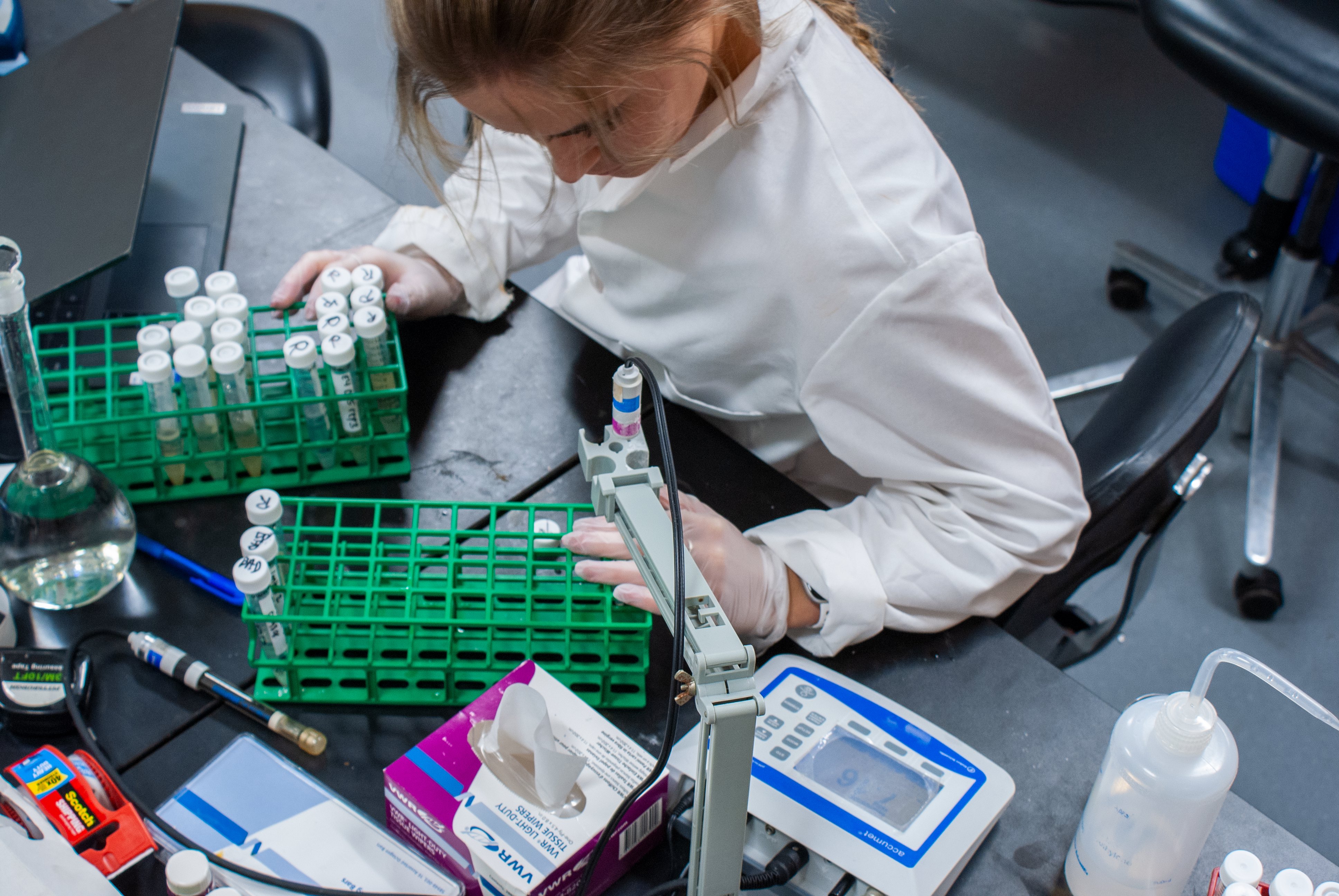
I want to know how humans are creating change within the environment, and in turn, discover how those changes affect us.
There’s a class of molecules called “nanomaterials.” Humans have developed nanomaterials to help with everyday life – whether that’s for engineering, medicine or even cosmetics. As humans make these materials, there’s always the question of what happens after. What happens when these materials enter the environment in a system that’s not used to dealing with them?
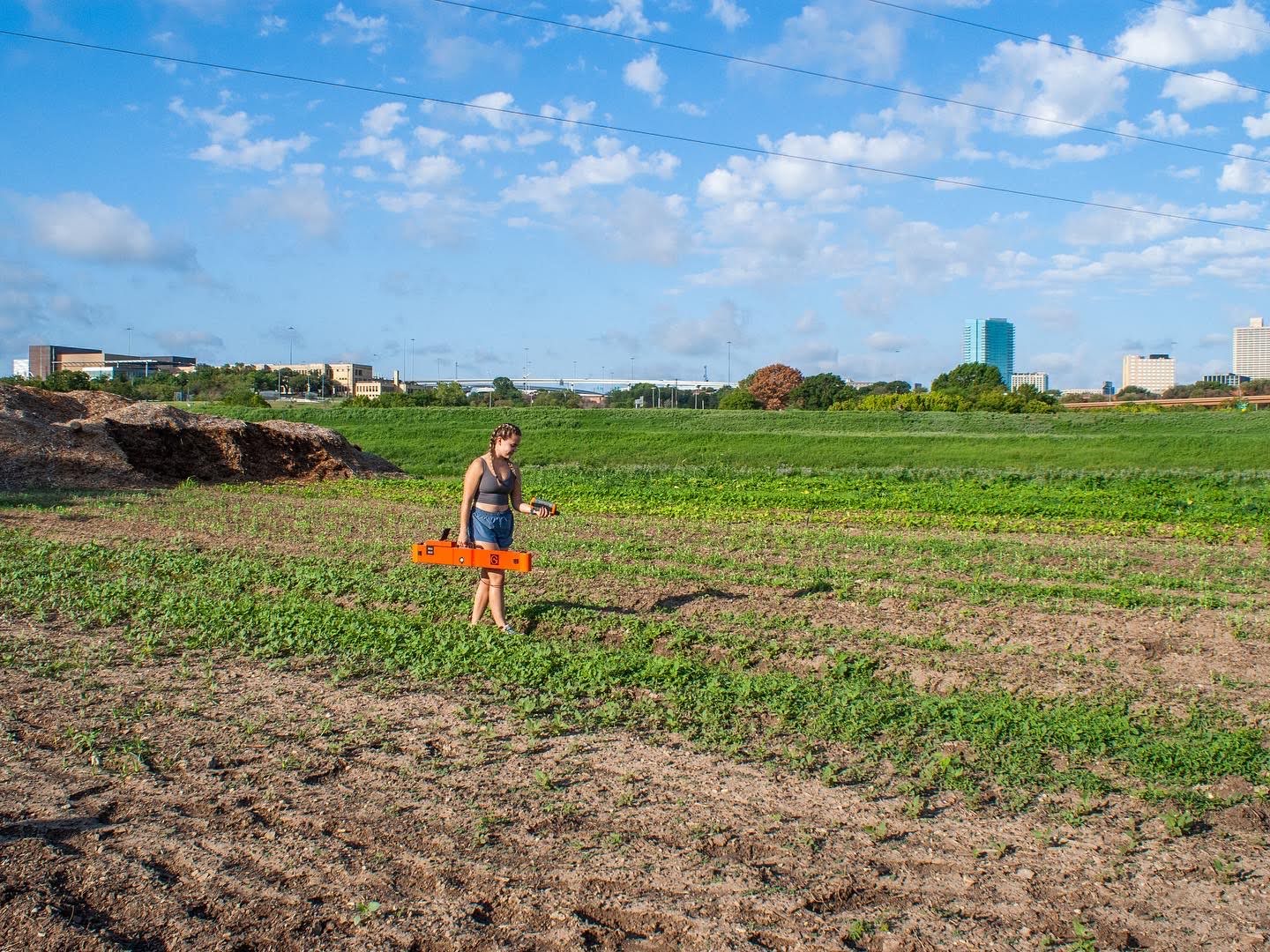
My research focuses on one engineered nanomaterial called “PAMAM” which is commonly used in medicine. I research how PAMAM interacts with common minerals in the environment. This is important because we don’t know what the side effects of these engineered nanomaterials entering the environment will be down the road. 50 years from now, if we learn that we need to mitigate engineered nanomaterials in the environment, it’s going to be hard to do without having the basic knowledge of how they interacts with soil minerals.
What’s next for you, post-grad?
I want to go on to get my Ph.D. in the field of earth systems science or environmental engineering. I’ve had the opportunity to interview at Stanford, Princeton and Cornell. I never imagined getting a Ph.D. at an Ivy League college, but I really have Dr. Harvey to thank for that. As a woman in STEM, the closely connected areas of study of science, technology, engineering and mathematics, it’s hard to see oneself belonging in this field, yet Dr. Harvey really took me under his wing. His mentorship style is something I want to emulate in my own practice. Ultimately, I would like to become a professor who conducts community-centered research with students. I want to help others see their potential and provide opportunities for those who would normally be turned away. I believe it is so important to have a mentor who sees your capabilities, even when you can’t see them yourself.
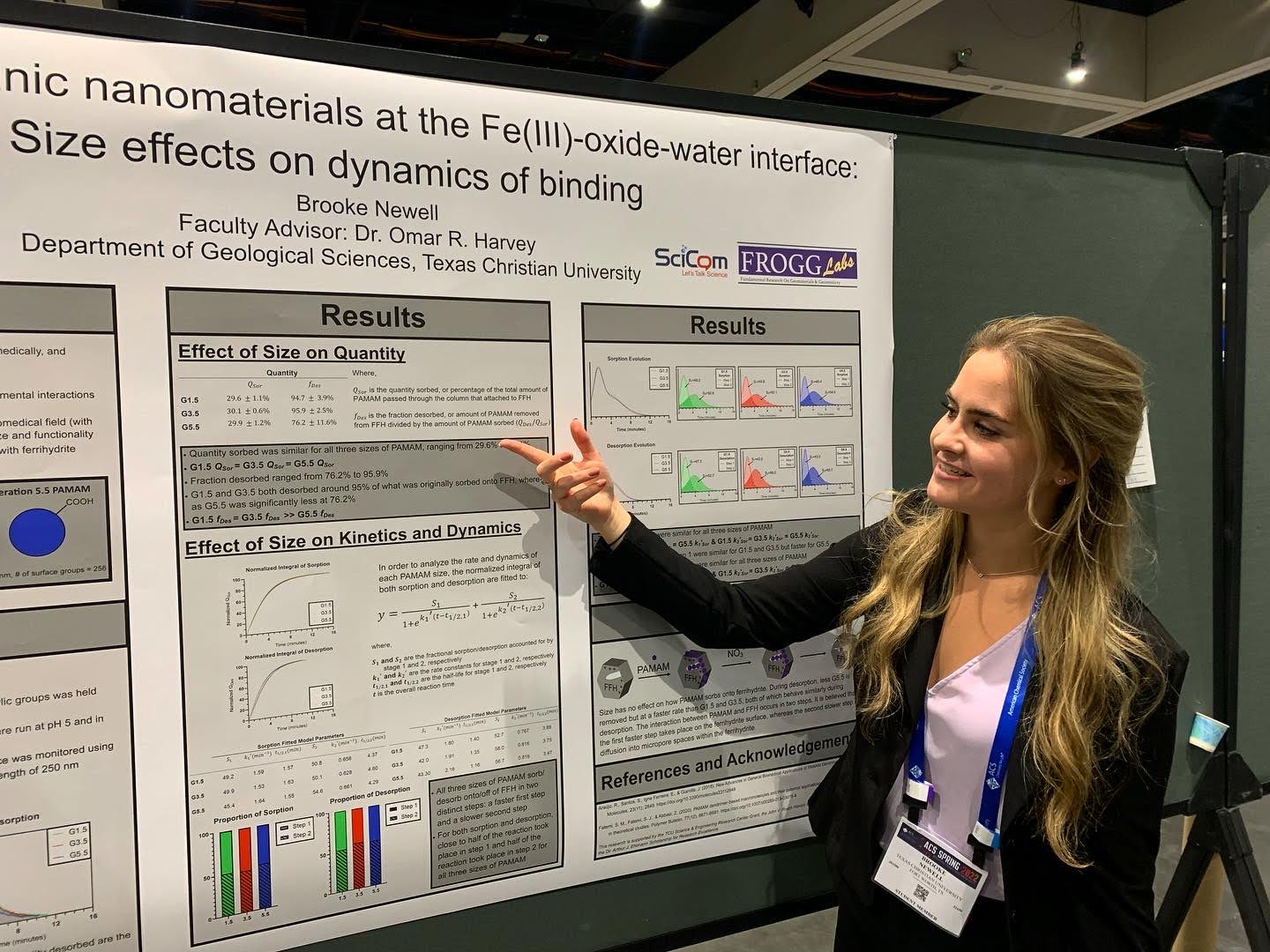
How has Honors prepared you for your post-grad endeavors?
The experience of writing an Honors thesis over the past three years has fully prepared me for what’s next. I received an Honors research grant that allowed me to conduct my research and funded my two conference presentations. Without this Honors College grant, I wouldn’t have had the opportunity to build my science communication skills or network with other scientists in my field.
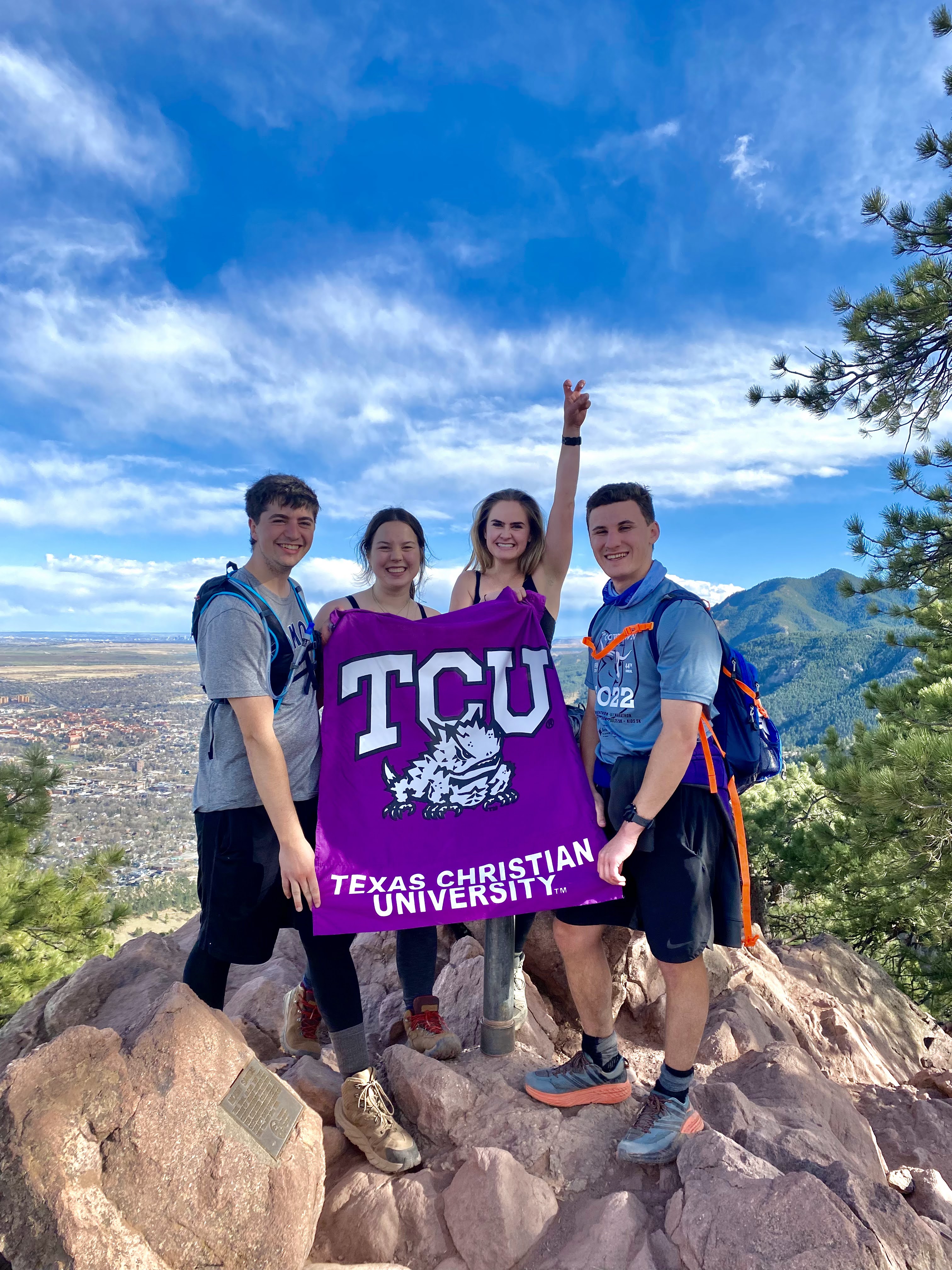
What is a piece of advice you’d give an incoming Honors student?
Remember to be nice to yourself. As high-achieving students, we all expect a lot of ourselves, but you must remind yourself that you are doing your best and give yourself leniency and the space to breathe.
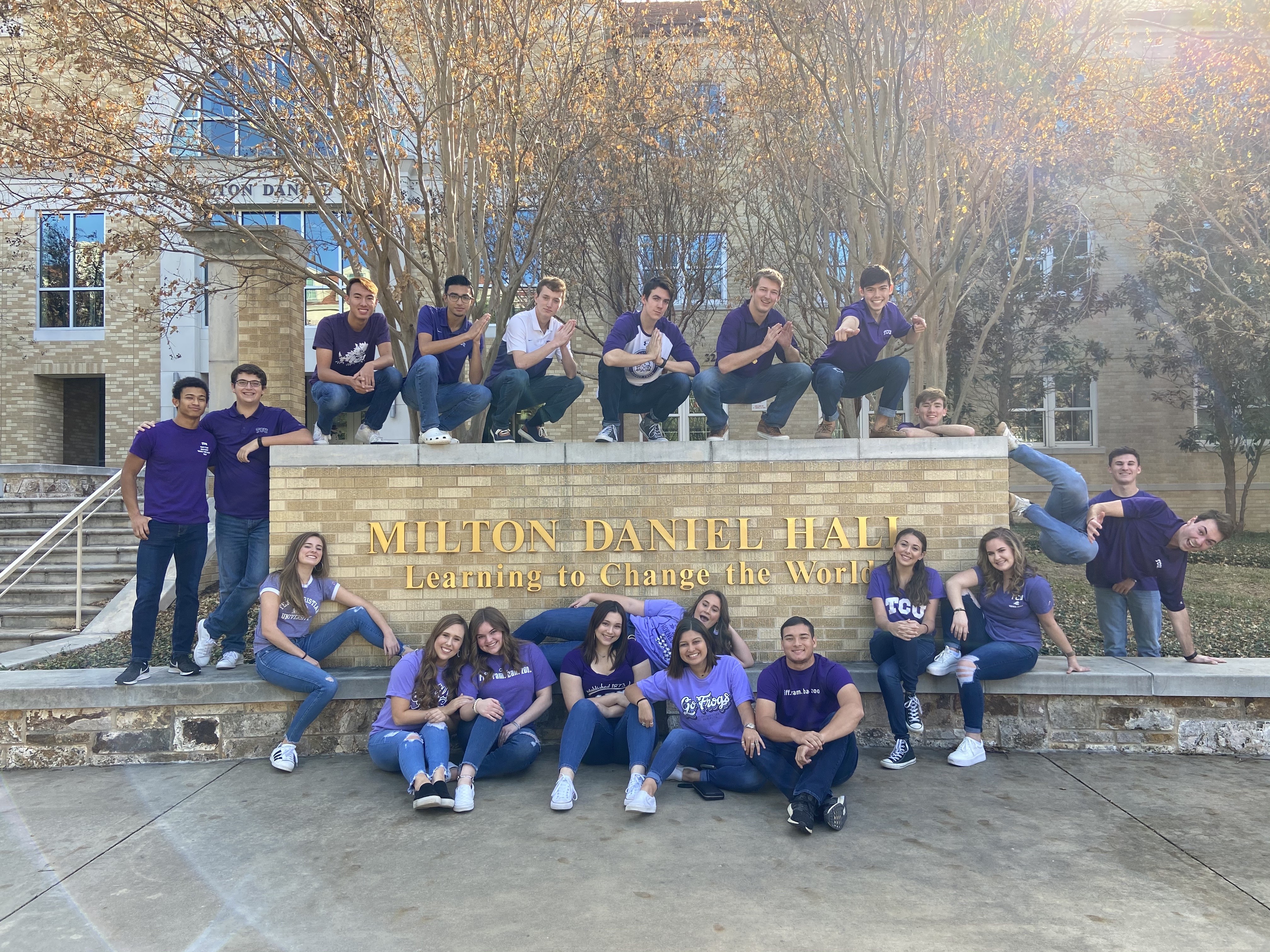
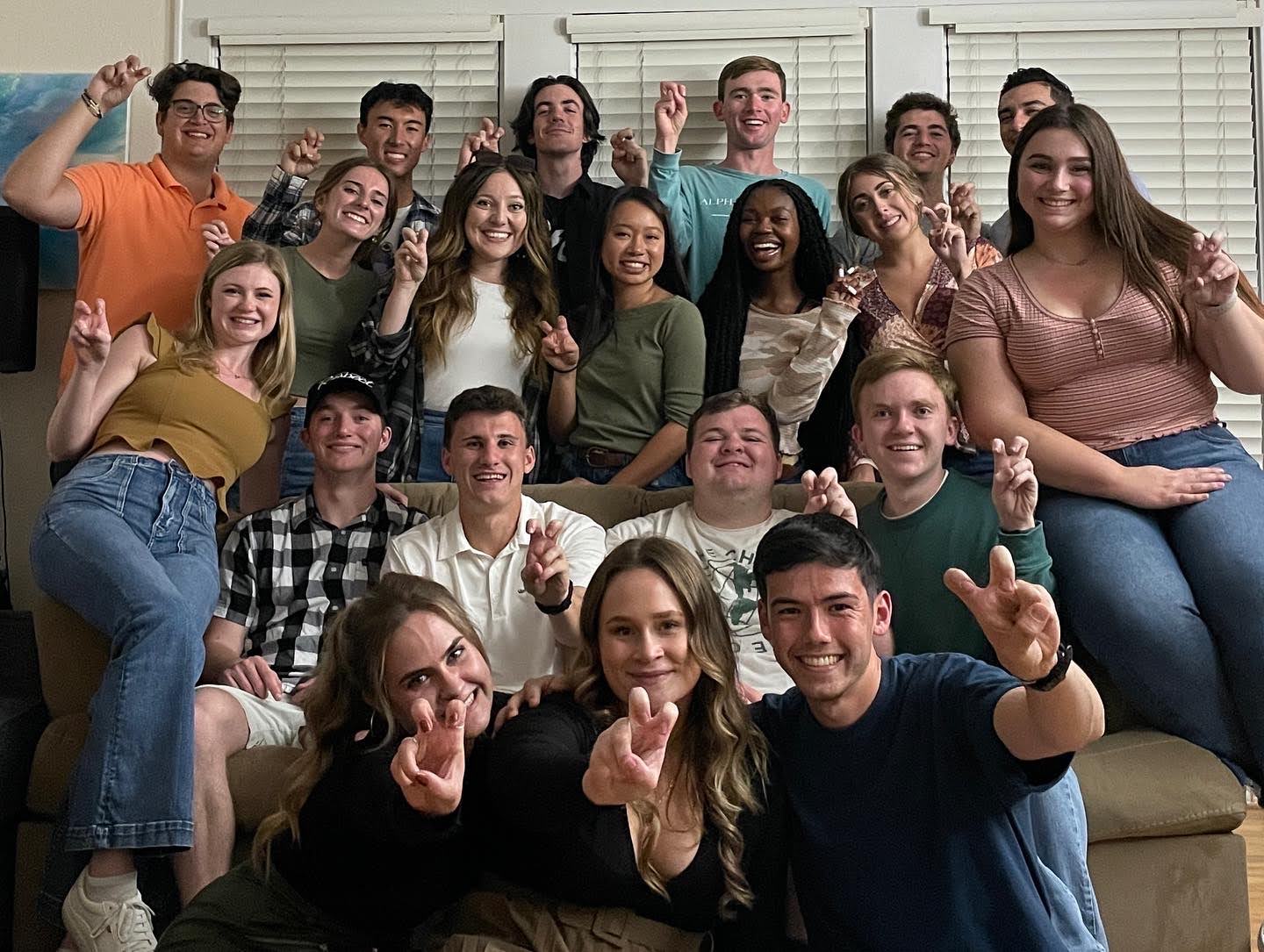
Some answers are modified for length and clarity.